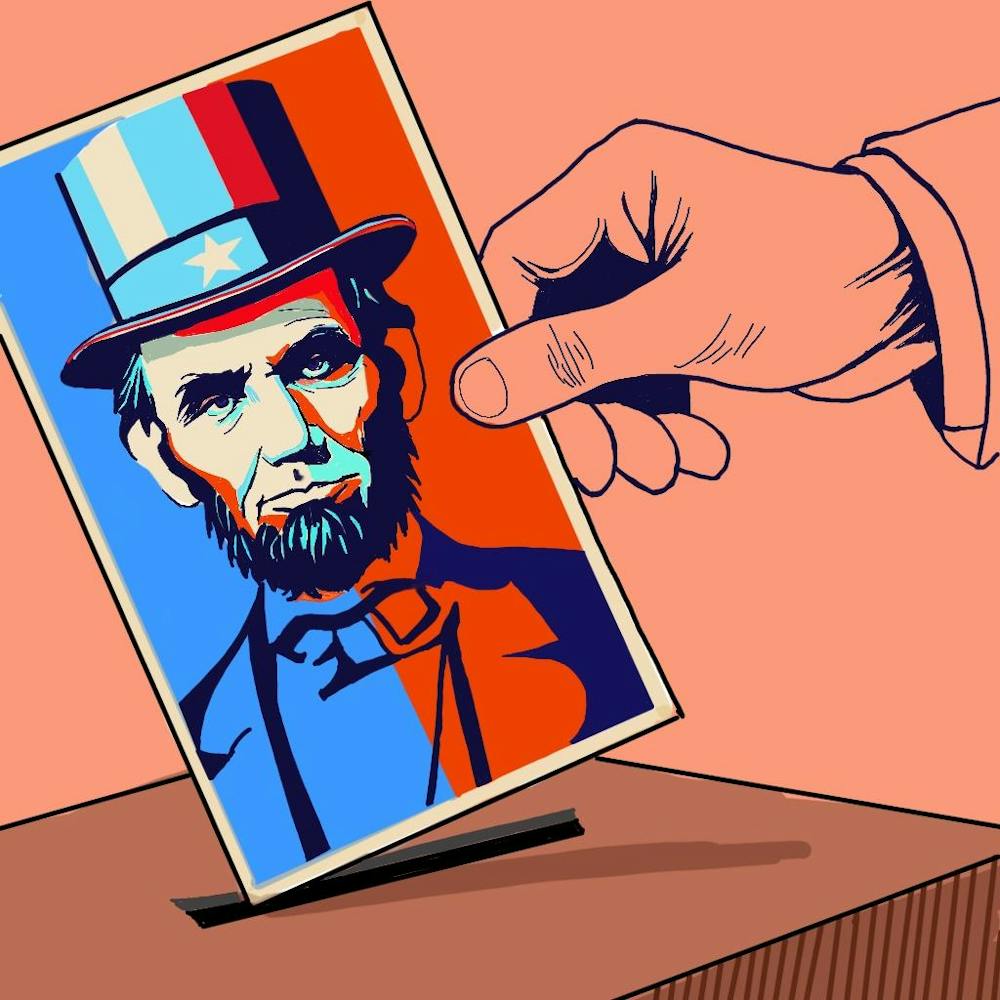A recent survey by the National Association for the Advancement of Colored People found that 26% of Black men under 50 would support former President Donald Trump in the upcoming election, with 82% of said Black men citing economic issues as the most pressing topic facing Black Americans. In an interview with CBS this past month, Governor Wes Moore of Maryland attributed this rise in Republican support to a “frustration of the pace of progress in America.” But where do these economic frustrations stem from, and why is support from the Democratic party’s most loyal constituents now waning?
This past summer, Trump announced his new coalition, “Black Americans for Trump.” While this seems oxymoronic to most here at Brown, it is a real growing electorate in this year’s election. Liberals everywhere seem to be confused as to why Black Americans would flock to the likes of Donald Trump when Kamala Harris appears to be the obvious choice. However, what seems not to be very obvious to many of these faux political pundits is the cited want of economic stability that has characterized the Black electorate for nearly the last two centuries. To overlook this aspect of Black political consciousness is to ignore the most formative aspect of contemporary Black history: Reconstruction.
The Reconstruction Era began in 1865 and promised to fulfill the needs of newly freed Black Americans, giving them everything necessary to situate themselves into the fabric of American society. Central to this promise was economic empowerment. Freedmen were meant to gain access to land and resources, most famously dubbed “40 acres and a mule.” This hope was quickly snuffed out as President Andrew Jackson began to undermine land redistribution efforts, returning land to Confederate owners. The collapse of Reconstruction and the subsequent betrayal of Black Americans’ political aspirations laid the foundation for enduring socioeconomic inequalities.
Through a historical lens, we can investigate how the systemic denial of land ownership and opportunities for building wealth directly shaped Black voters in a way that prioritizes practical survival and incremental reform. As it stands, many are still searching for what was promised in 1865: an equal-opportunity economy. The first reason for this change in the political alignment of Black men is what Governor Moore spoke to in his interview: disillusionment with the Democratic Party. Since the 1860s, Black Americans have waited for the Democratic Party (then the Republican Party) to execute on their promises of addressing socioeconomic inequity. A common definition of insanity is doing the same thing repeatedly and expecting different results. It seems many Black men have come to a similar conclusion, turning to the GOP for, hopefully, grander results.
The federal government’s failure to deliver its promise of economic opportunity cannot be understated when discussing contemporary Black political engagement. What we see today is the culmination of 200 years of the wants and needs of a people who, for too long, were taken for granted. What we are seeing today is political organizing, the continuation of the fight for freedom. The Republican messaging of economic self-sufficiency and individual empowerment has resonated with a quarter of Black men because this country failed to adequately provide for Black Americans when they needed it the most. The Democratic Party is being forced to reap what it has sowed, and cannot be indignant when Black voters show up to the polls with the economy on their minds.
I do not purport to say that I know the intentions of all 26% of Black men under 50 who say they prefer Trump to Harris. I do not intend to argue that Black Americans for Trump are above critique. But what I do mean to provide is a throughline and assert that the political environment in which we find ourselves did not come out of nowhere. When my southern rural grandmother threw her weight behind the Republican nominee in 2020, it was not because she was self-hating, gold-digging or any of the other microaggression-tinted explanations floating around political conversations. It was because she wanted more from our country than what it had given her thus far.
While I do not believe that Trump is the best path forward for Black Americans, I understand that, like me, Republican Black voters are striving to do what our Constitution implores us to: secure our Blessings of Liberty. If on Nov. 5, Donald Trump and J.D. Vance become our 47th President and Vice President, it will not be because Black voters have gone off the rails conservative, but because they are demanding this country deliver on a promise which is well overdue.





